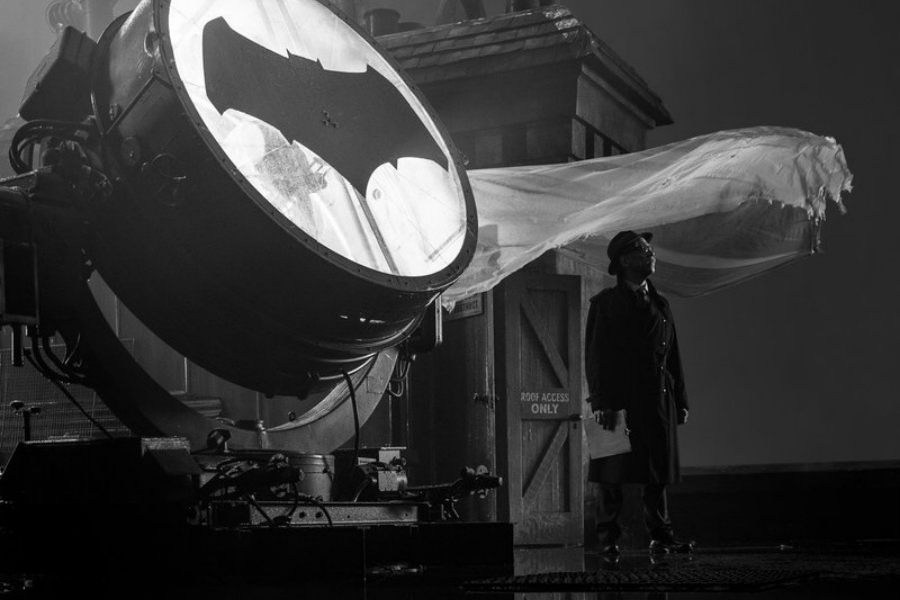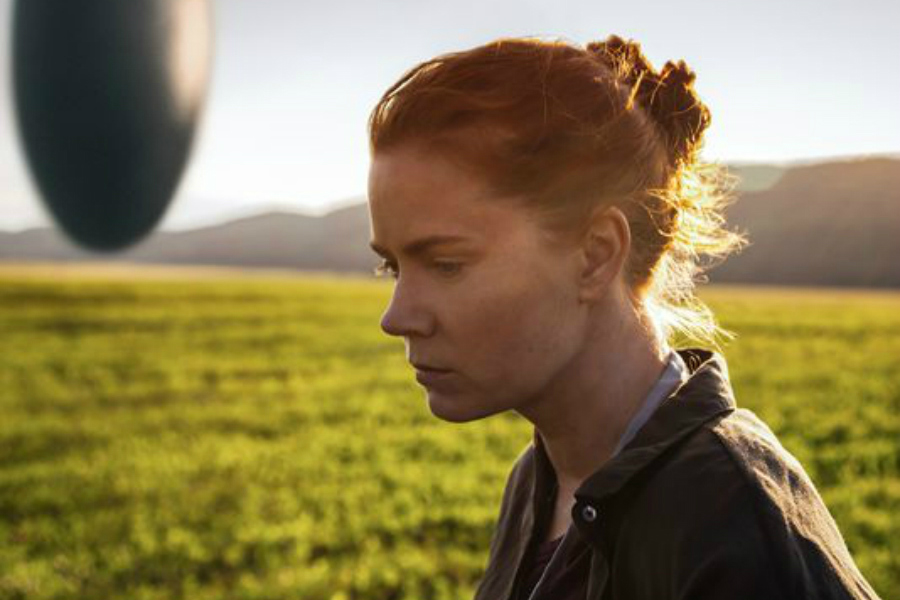Best of the Week: Best of the Toronto Film Festival, Previewing Fantastic Fest and More
The Important News
Star Wars: Another standalone Star Wars movie was confirmed for 2020.
Image Comics: The Spawn reboot is aiming for an R rating.
Remakes: A new version of High Noon is in the works.
Sequels: Paul Walker’s character may return to the Fast and Furious movies. Antoine Fuqua will direct The Equalizer 2.
Prequels: Charlize Theron’s character may get her own Mad Max: Fury Road prequel. Jamie Dornan joined Robin Hood: Origins.
Box Office: Sully continued to dominate in theaters.
Biopics: Jared Leto will play Andy Warhol.
Horror: Rings and the Friday the 13th reboot were delayed again.
YA Adaptations: Tom Holland has a surprising part in A Monster Calls.
TV Adaptations: Maggie Smith will star in a Downton Abbey movie. Bill Hader joined Power Rangers.
R.I.P.: Curtis Hanson died at age 71.
The Videos and Geek Stuff

New Movie Trailers: Passengers, Ghost in the Shell, Mean Dreams, Trespass Against Us, Ordinary World, London Town and The Whole Truth.
TV Clips: Allied.
See: First look at J.K. Simmons as Commissioner Gordon in Justice League. And a first look at the cast of the Jumanji reboot.
Watch: An animated Justice League spoof.
Learn: Which iconic actor found Luke Skywalker and which novel was almost a Star Wars sequel. And the theory about a secret Star Wars romance.
See: Star Wars: The Force Awakens redone with Nintendo characters. And Rogue One redone with Pixar characters.
Watch: The Avengers actors get together to promote voting. And Chadwick Bosemen talks about Black Panther’s origin story.
See: How Duncan Jones’s Mute is related to Moon.
Watch: Angela Lansbury performs “Beauty and the Beast” for a special anniversary event.
See: Ellen DeGeneres initiates some Disney and Pixar crossovers.
Watch: A fake trailer for a Burt Macklin FBI movie.
Play: A Jack Reacher video game.
Watch: Hillary Clinton appeared on Between Two Ferns.
See: What animated superhero movies would look like made by Tim Burton.
Watch: A fake trailer for a Studio Ghibli Legend of Zelda movie.
See: All of this week’s best new posters.
Our Features

Film Festival Reports: Our picks for the best of the 2016 Toronto Film Festival. And our picks for what to see at Fantastic Fest 2016.
Interviews: Antoine Fuqua on his Scarface remake. And on Vincent D’Onofrio’s odd voice. Blair Witch filmmakers on mythology and deleted scares.
Guest Post: Don Coscarelli on why art houses still matter.
Marvel Movie Guides: The top 10 MCU costumes. And how Dr. Strange can join the Avengers in the MCU.
Geek Movie Guide: Geek-friendly titles on the screenplay Black List.
Sci-Fi Movie Guide: Looking at Operation Avalanche, Star Trek at 50 and more.
Home Viewing: Our guide to everything hitting VOD this week. And our guide to everything hitting Netflix next month.
and
MORE FROM AROUND THE WEB:



